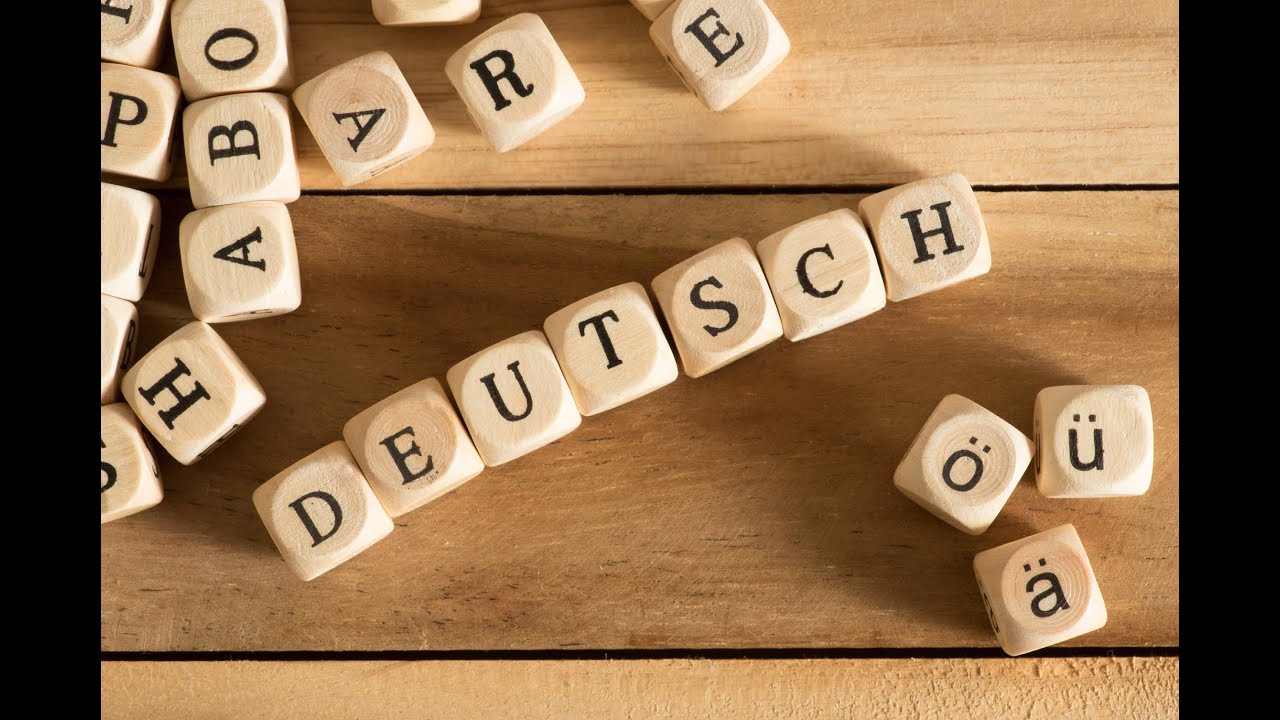Wince the school was founded, we have been committed to promoting cultural events that bring our intercultural work to light. In this context, the project “Poems in Dialogue” was initiated by our lecturers Christiana Engelmann and Harriet Riedel.
The “Poems in Dialogue” project grew out of a committed and humorous integration course that suddenly found itself in home schooling after the first module in the course room. The poems sometimes led us astray between the usual topics such as shopping, family, offices and authorities, etc. At first they were foreign bodies and not particularly popular.
In the end, after the exam, these strange text structures gained in radiance and even challenged you to look for dialogue partners in your own language. This is how the pairs of poems came about.
Rogerio, however, did not hesitate and translated Ernst Jandls well-known poem “ To be fifth “ straight away into Portuguese. And Jandl would probably never have dreamed of having found a congenial translator in a Brazilian who was the first in Germany to test the Autobahn between Munich and Berlin with a Harley Davidson.
As sensitive as Tatiana Goethe’s ballad “Erlkönig” reads, it is inevitable that students will develop a further level of interpretation from this poem in the classroom. Read this way, it stays in the memory.
Blerim gives the poem “In the cars”, a longing poem of young spontaneous people from the 70s of the last century, the own sound that only the cars make on the way south, which are packed with longing for a different life.
Dianah’s reading of Ursula Krechels Poem “ The pocket women “ reinforces the emancipatory appeal to the heroines of everyday life that the text aims at.
Finally, Abdulmajid was not satisfied with any of the German poems proposed for him and only with a saying by Nelson Mandela happy that everyone can only agree with.
Should we find the poems from the mother tongue repertoire of the readers in German translation, we will send them in later so that we can read the dialogue between the languages.
Klartext as a cultural center
Further cultural contributions can be found under the following links:
Announcement September 2025 – Theatre workshop
April 2025 – Concert of classical Indian music
Contact us directly!
KLARTEXT e.V.
Augustenstrasse 77
80333 Munich
Tel: +49 89 540 46 98-20
Email: info@klartext-zentrum.de
The language school for German, business and culture in Munich
